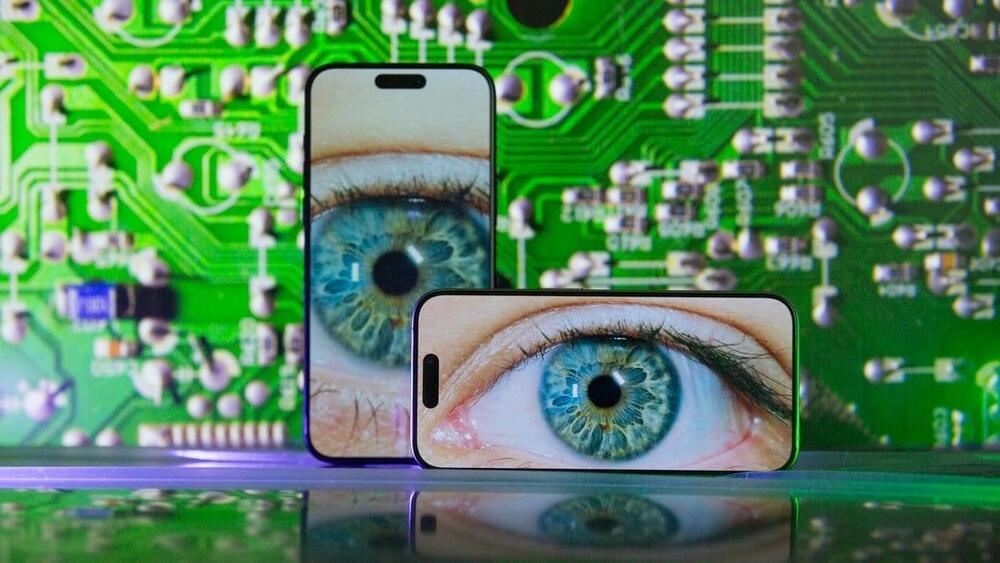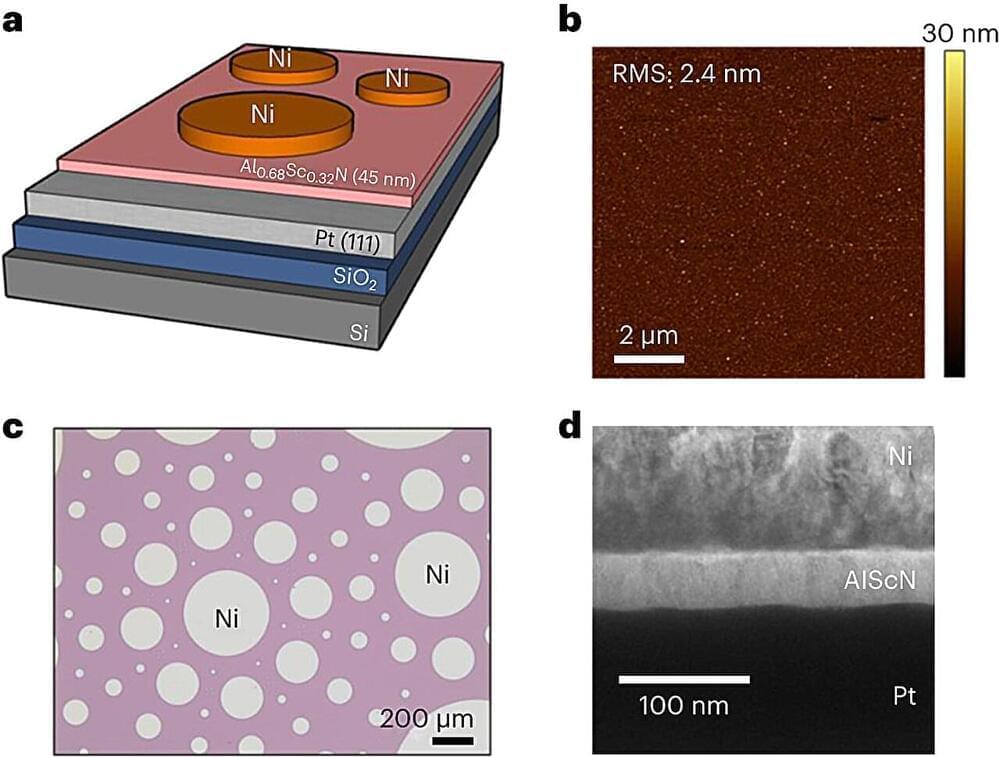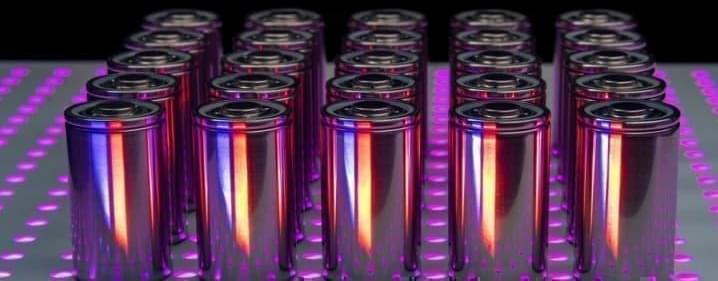We’re not even halfway through 2024, but it’s already an interesting year in the world of gadgets. Though tech giants usually release the typical assortment of new phones, smartwatches, laptops and tablets on an annual (or semiannual) basis, this year saw the debut of a few firsts.
Apple and Samsung, the world’s two largest smartphone makers, both expanded into new categories, with the iPhone maker releasing its Vision Pro mixed reality headset and the Korean tech giant announcing the Galaxy Ring, a wellness tracker meant to be worn around the finger. Startups Rabbit and Humane AI also generated plenty of hype with their AI-fueled gadgets, both of which require you to dictate commands to portable AI agents rather than swiping on screens.
So what do the Apple Vision Pro, Samsung Galaxy Ring, Rabbit R1 and Humane AI Pin have in common? Not much it seems, at least on the surface. But all these gadgets share one common goal: to change our relationship with screens.








